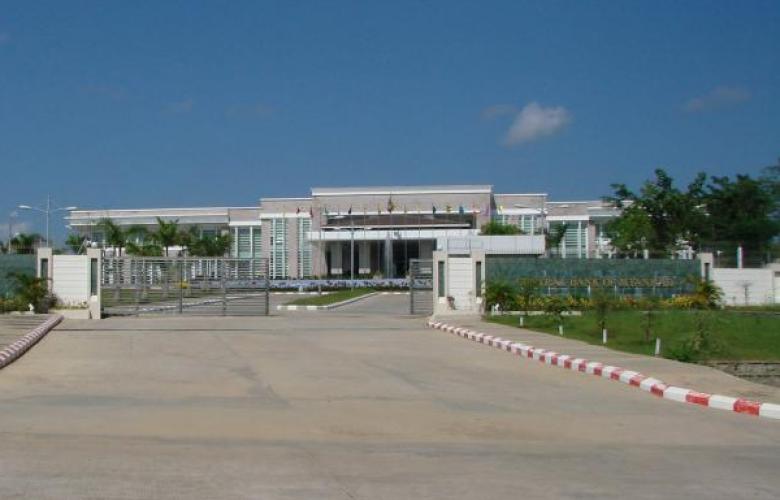Central Bank Myanmar takes action to stabilise kyat
Contact
Central Bank Myanmar takes action to stabilise kyat
The Central Bank of Myanmar has aimed to stabilise the nation's kyat value after injecting USD 4 million dollars into the economy.
The dollar tapered against the kyat during August after the Central Bank of Myanmar (CBM) sold a record USD 4 million to local private banks.
This action helped to ground the exchange rate, which is now up by approximately 10 per cent since May.
To limit the effects of the depreciating kyat, CBM has also sold USD 100,000 per day to private banks since July 27. When this failed to stabilise the exchange rate, CBM raised its daily dollar sales to $1.6 million on August 15, and $4 million on August 16, a total of $5.6 million injected into the economy within the space of two days.
The shortage of legal dollars int the country is one of the primary factors that has caused the rising exchange rate, but the large infusion of dollars into the economy finally succeeded in bringing down the exchange rate from K1,540 - K1,570.
The country's dollar-to-kyat ratio was set by the CBM for August 16, at a record high of K1,498 per dollar. According to the Central Bank, the reference rate was mainly based on demand at its daily dollar auctions.
Since July, the CBM has sold nearly $7 million to local banks. But these efforts are a short-term solution. Colliers suggest that even though the Central Bank’s move of introducing more foreign currency into the market has indeed tapered the fluctuations in exchange rates, the same is seen as merely an emergency measure and not a permanent solution.
In the long-run, to stabilise the value of the kyat, the government must promote domestic production and exports as well as encouraging import substitution.
To ensure larger volumes of foreign currency remains in the country, some have suggested that foreigners in Myanmar should be allowed to open bank accounts with interest at foreign banks also.
Colliers also recommend other means for reinforcing the kyat value:
- reinforcing product exportations
- boosting tourism
- introducing leniency with US dollar acceptance conditions (currently, US dollars and other foreign currencies must be in pristine conditions as required by banks or money changers)
With the main influx of foreign currency coming in from exporters, the government must develop banking and financial systems that support them.
Though rate fluctuations are common in developing nations additional controls that would aid in the stabilisation of the local currency should allow for more leeway prior to engaging in curative means.
Source: Colliers International Myanmar, Myanmar Times
Similar to this:
Appreciated Kyat value puts pressure on developers
Low-cost development project to assist with housing affordability







